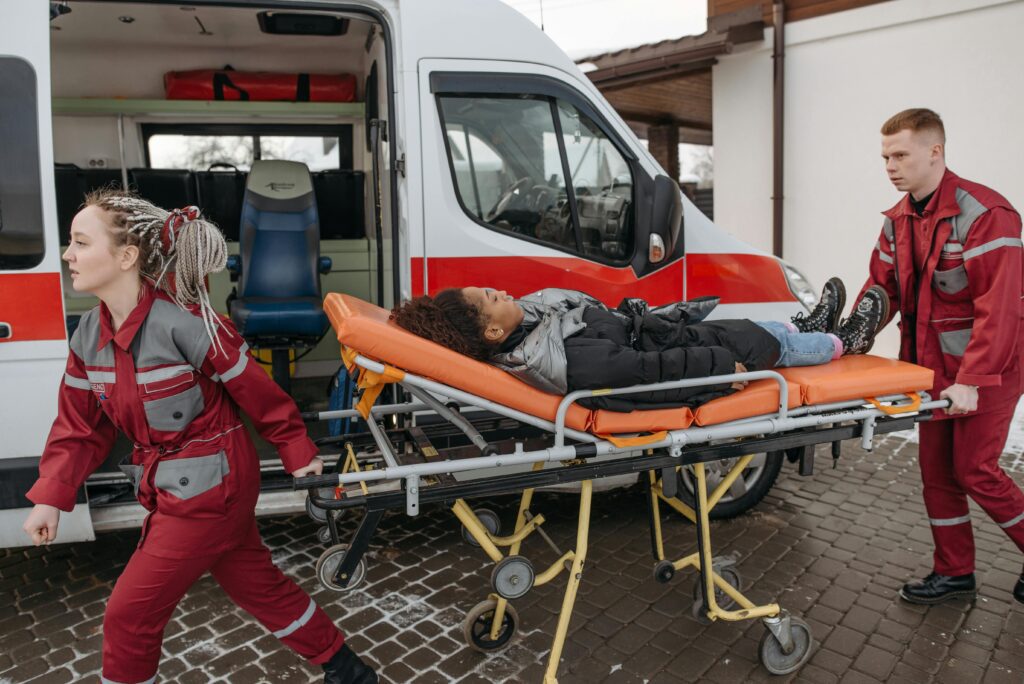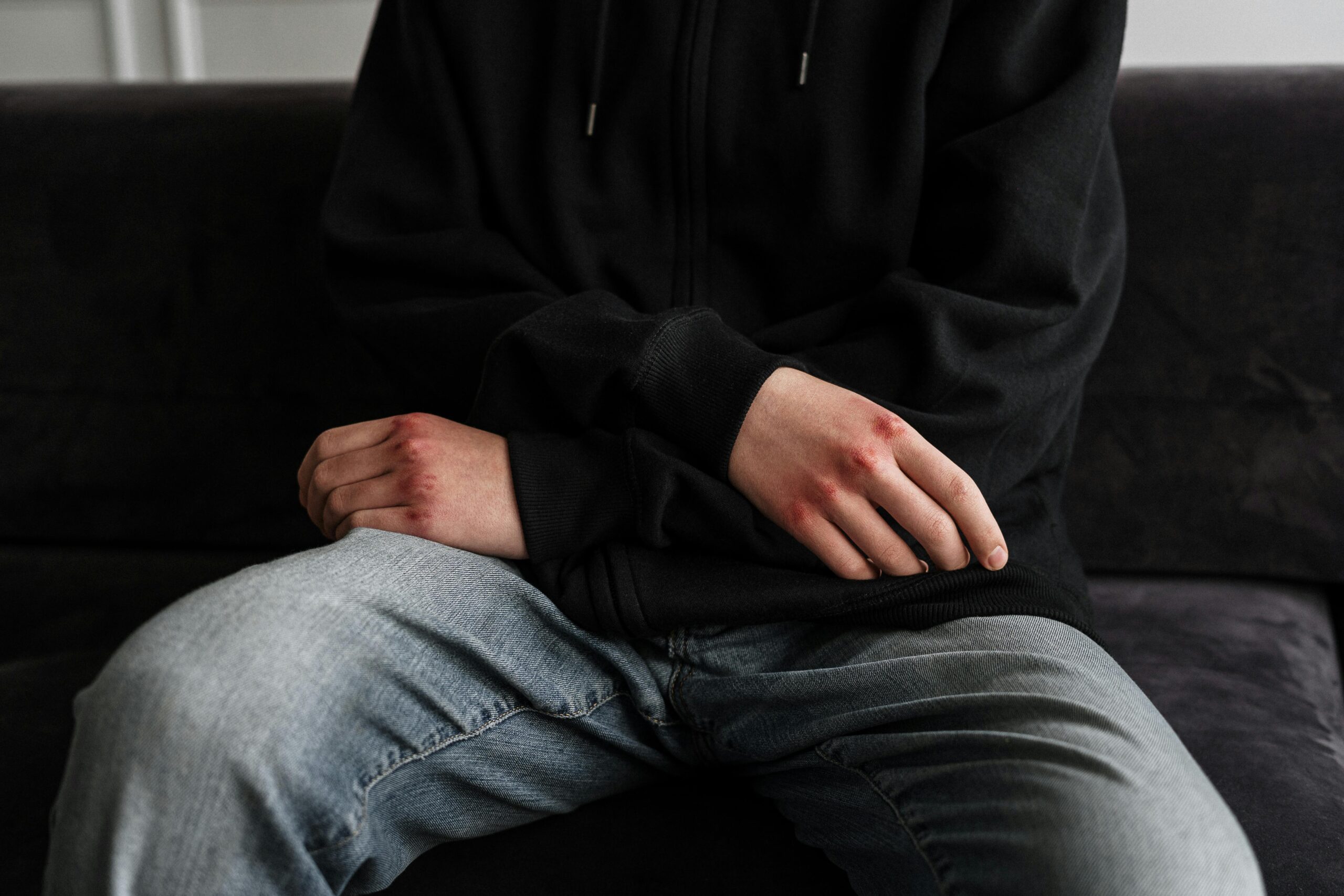Trauma and stress both have a profound impact on our mental health; not only can trauma cause physical changes to our brains, but it may also be a lifelong struggle for some. Trauma can range from a car accident to watching somebody you love suffer a traumatic event, and the after- effects can be devastating to both yourself and those around you. Stress is ongoing and can affect us both mentally and physically.Trauma and stress affect all of us differently; what may seem like a gentle rain to you might be a hurricane to somebody else.
What is Reactive Attachment Disorder?
Reactive attachment disorder (RAD) is primarily caused by a lack of adequate care during childhood. Children suffering from RAD will most likely display withdrawn behavior towards parents or caregivers by rarely seeking or responding to comfort in times of stress. This can be the result of a parent’s disregard for the child’s emotional needs; it can also develop in children who have parents with serious long-term illness that prevents the child from spending time with them (such as the current COVID-19 pandemic). This disorder is also characterized by a social and emotional disturbance, demonstrated by minimal responsiveness to others; inexplicable periods of irritability, sadness, or fearfulness; and an inability to have a positive outlook on life. Children with RAD tend to lack basic emotional needs, such as the need for comfort or social stimulation. These children have most likely never developed a healthy attachment to a parent or caregiver; if this disorder is left untreated, it will ultimately affect their lifelong relationships.
What is Disinhibited Social Engagement Disorder?
Disinhibited social engagement disorder (DSED) is characterized by a child’s unusual interaction with strangers, such as sitting on a stranger’s lap, holding their hand, or a willingness to leave somewhere with them. These children show no fear when interacting with strangers, unlike children who are oftentimes shy around new people. This disorder is characterized by the child actively approaching and interacting with unfamiliar adults. These children often come from homes with a lack of adequate social care. For example, a child living in the foster care system who frequently goes from home to home may exhibit signs of DSED due to their limited ability to form a stable attachment.
What is Post-Traumatic Stress Disorder?
Post-traumatic stress disorder (PTSD) develops in those individuals who have experienced a shocking, dangerous, or traumatic event. Most people who experience a traumatic event will experience short-term symptoms of this disorder; however, it is known to sometimes develop into chronic, ongoing PTSD. Symptoms frequently develop within three months of the stressful or traumatic event, but it can sometimes take years for the symptoms to manifest. The symptoms of PTSD are often severe enough to interfere with relationships or work, and in some cases, these symptoms and the effects they cause will never be able to fully heal. Those with PTSD can have recurring flashbacks, bad dreams, or frightening thoughts. They may also avoid the place of the trauma and certain thoughts, and may be easily startled, frequently tense, or have outbursts of anger. One with PTSD may also feel something known as “survivor’s guilt,” which is personal blame or guilt after the incident. They may feel that they should have been the person injured or killed in the event; PTSD is frequently seen in active-duty and retired military personnel.

What is Acute Stress Disorder?
Acute stress disorder is also seen in those that have been exposed to a terrifying event either firsthand or as a witness to the event; however, it differs from PTSD because the symptoms persist for a month or less. Common events that cause acute stress disorder include experiencing a car accident or being present for the death of a loved one.
Wha is Adjustment Disorder?
Adjustment disorder occurs after a stressful or unexpected life event, such as a death of a loved one or a divorce. Those with this disorder often have a hard time adjusting to a new way of life and frequently act out due to their difficulty with the situation. They may act defiant, impulsive, be nervous or tense, cry, feel hopeless, and act withdrawn from other people in their life. This is more common than most trauma and stressor related disorders. Those with this disorder may feel symptoms so severe that they have thoughts of suicide or may even attempt suicide.
What are Unclassified and Unspecified Trauma Disorders?
Unclassified and unspecified trauma disorders are known to carry the symptoms of one or more of the disorders listed above, but they do not fit directly into one of the disorders. Although unspecified, the symptoms can be severe and restrict their daily life, such as prohibit them from maintaining personal hygiene or from pursuing and succeeding in employment or education. Those with this disorder may become isolated to their homes due to their fear or stress, which can further exacerbate the symptoms they are experiencing as well. It is important to treat these individuals with the same care and attention as those with “classified” mental health disorders.
What are Treatments for trauma and Stress Disorders?
Treatment for these disorders can be extremely vigorous; it starts with psychotherapy, which is also known as talk therapy. Counseling sessions can help one find the root cause of their disorder, while also providing them with coping skills necessary to help treat their symptoms. Other therapies to combat these disorders are exposure therapy and cognitive restructuring. In addition, medication can be prescribed by a licensed medical professional to treat these disorders, such as anti-anxiety medications and antidepressants.
Conclusion
Stress and trauma can play a huge role in your mental health and wellness; prioritizing your mental health and addressing stressful events as they happen will help you to improve your overall wellness. If you have experienced a traumatic event, reach out to your support system; family, friends, and therapists can be helpful in assisting you in overcoming your disorder. If somebody you love is going through a stressful time, be there for them, and be supportive – sometimes all they need is a shoulder to cry on and an ear to vent to.
Individual Online Therapy in Florida, Idaho, South Carolina, and Utah
At Calming Transformations Counseling, our therapists understand life can be hard and can affect our emotional and mental health. We also serve those with anxiety, stress, depression, or relationship issues, who may be religious. Sessions can be held through online therapy in the states of Florida, Idaho, South Carolina or Utah, or walk and talk therapy in Hillsborough County, Florida. Book an appointment or contact us today to schedule a session and take the first step toward a more peaceful life.
